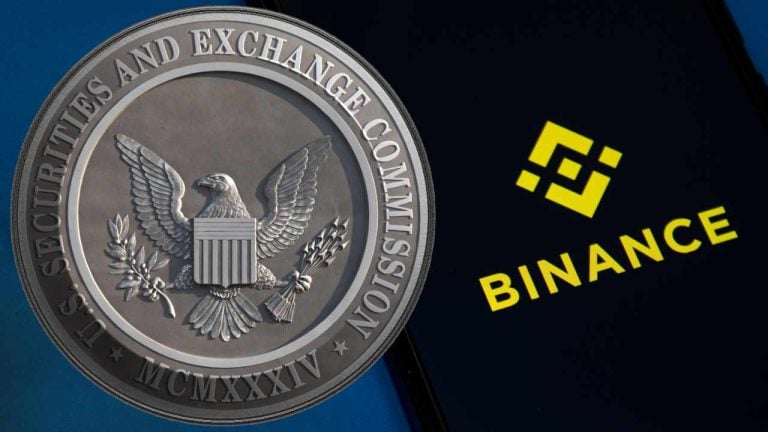
Binance’s attempt to prevent the U.S. Securities and Exchange Commission (SEC) from making public statements alleging that the crypto exchange mishandled U.S. customers’ assets has been denied by the judge overseeing its enforcement case. A former SEC head of internet enforcement warned that the motion may “prompt the criminal authorities to expedite whatever action, if any, they plan on taking with respect to Binance.”
Judge Denies Binance’s Motion Against SEC
Binance’s motion against the U.S. Securities and Exchange Commission (SEC) was denied by Judge Amy Berman Jackson on Monday. The motion was filed as part of the case in which the SEC charged Binance, CEO Changpeng Zhao (CZ), and Binance US with securities law violations.
The cryptocurrency exchange filed a motion asking Judge Jackson to prevent the securities regulator from making public statements alleging that Binance and Zhao mishandled the assets of U.S.-based customers. The cryptocurrency exchange argued that the SEC has not provided evidence of any commingling allegations and raised concerns that the regulator’s statements risk prejudicing the jury. Binance urged the judge to enforce a Washington, D.C., professional conduct rule which prohibits counsels from making misleading extrajudicial statements that could significantly impact court proceedings.
However, Judge Jackson denied the motion, stating in her order:
While all of the lawyers in this case should adhere to their ethical obligations at all times, it is not apparent that Court intervention to reiterate that point is needed at this time, or that it is necessary or appropriate for the Court to get involved in wordsmithing the parties’ press releases. Nor is it clear that the agency’s public relations efforts to date will materially affect proceedings in this case.
Former SEC official John Reed Stark, who called Binance’s motion “provocative,” commented on the judge’s decision Monday. Stark is currently president of cybersecurity firm John Reed Stark Consulting. He founded and served as chief of the SEC Office of Internet Enforcement for 11 years. He was also an SEC enforcement attorney for 15 years.
He stated that the judge’s decision to deny Binance’s motion was “lightning-fast,” stating that it was made “a mere 3 business days after Binance filed the motion and without ever even receiving any response/opposition from the SEC.” Deeming Binance’s motion filing to be unworthy, Stark opined: “I wonder how much Binance’s motion cost in legal fees and whether it was worth filing at all. It seemed so frivolous on its face and more akin to marketing theater than legal argument.” The former SEC internet enforcement chief concluded:
My view is that the motion may also prompt the criminal authorities to expedite whatever action, if any, they plan on taking with respect to Binance.
What do you think about the court denying Binance’s motion against the SEC? Let us know in the comments section below.








